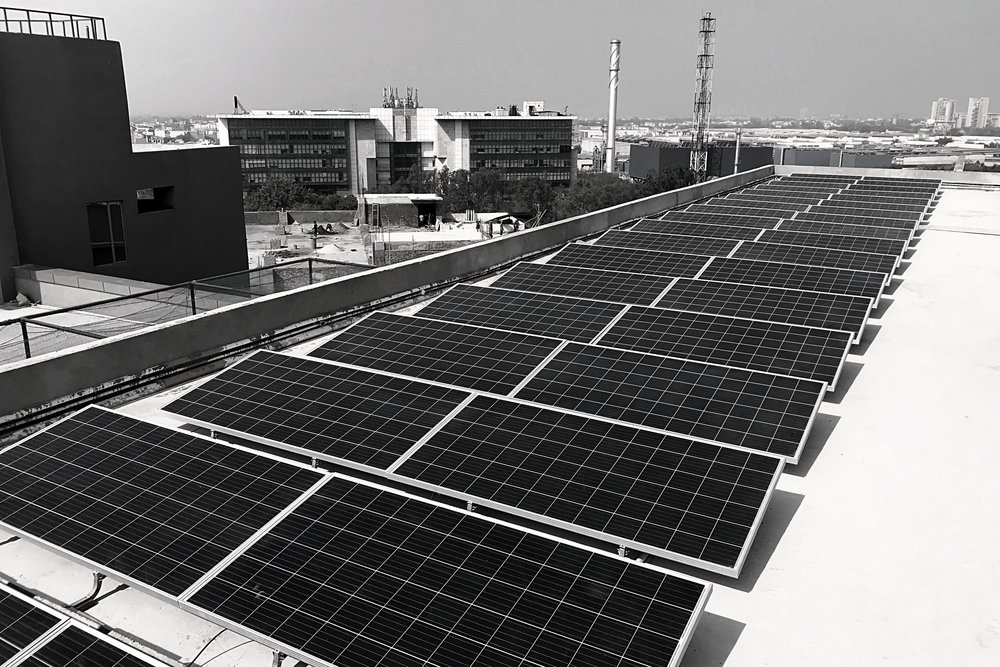
By burning fossil fuels, energy is created by converting the chemical energy contained in the fuels to heat energy. This heat energy can be converted to kinetic energie, which is used in the drive of turbines that then produce electrical energy. Using this method, you can cut down on the amount of fossil fuels used in your home or business. You need to understand the impact on the environment of burning fossilfuels. You need to look for alternatives to fossil energy if you want the best from renewable energy sources.
Alternatives for fossil fuels
Fossil fuels remain the principal source of global energy. However, the industry's contribution to climate change is significant. Furthermore, fossil fuels are finite and the earth will run out soon. Humans will need to find sustainable energy alternatives. Solar energy is one promising option. These panels can produce electricity even in low-light situations. The future could see solar energy becoming a common way to generate energy.

Hydropower is another resource of renewable energy. Hydropower generates electricity by using natural energy from water flow. This was one the earliest ways to generate electricity, but it lost popularity as fossil fuels became more popular. Hydropower is a reliable, clean source for energy. It also helps with flood control and irrigation. It can be used anywhere there is natural water flow. It's also an economical alternative to energy.
Pollution caused by burning fossil fuels
Even though there is a dire need for energy in industrialized countries, fossil fuels have severe economic, social, and environmental costs. Fossil fuels are a source of harmful emissions that cause global warming and water pollution. The burning of fossil fuels can also deplete natural resources. These emissions contribute to pollution of the air, which can have adverse effects on your health. It is essential to reduce emissions, and conserve natural materials.
Carbon dioxide from fossil fuel combustion contributes to global warming, which is a major threat to human populations and ecosystems. The greenhouse effect traps even more heat in the atmosphere from carbon dioxide that is produced by burning fossil-fuel fuels. This, in turn, contributes towards the rise of sea level, changing climates, scarcity of food resources, and scarcity. Although natural gas is the most clean fossil fuel, it still contributes to global warming.
Fossil fuels have an environmental impact
Climate change is a long-term consequence of humans using fossil fuels. Carbon emissions are caused by the burning of fossil fuels. Every year, 33 billion tonnes worth of carbon dioxide are released into our atmosphere. This is primarily due to the burning of coal, oil and natural gas. The carbon in fossil fuels reacts and forms CO2, which acts as a blanket to warm the Earth. The warming of the Earth will have many negative effects, from extreme weather to rising sea levels.

Other problems that result from the burning fossil fuels include air pollution. This polluting is harmful to children and others, as well as to animals' health. Toxic sulfur dioxide from fossil fuels can cause a host of health problems including cancer and heart disease. As sulfur dioxide dissolves into the water, it creates sulfuric acid. This reacts with other gas in the atmosphere, creating acid rain. Acid rain can negatively impact crops by increasing soil acidity.